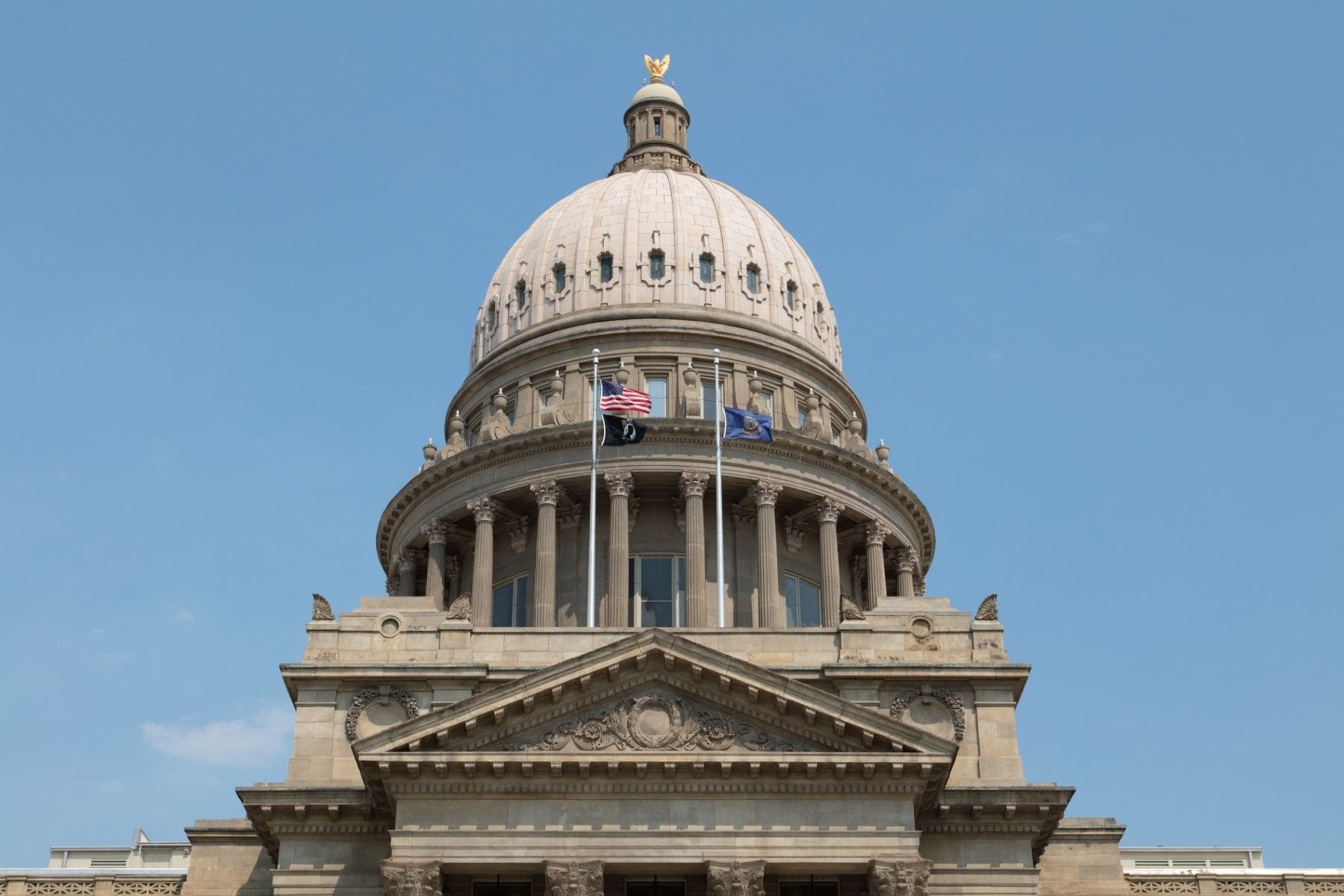Idaho Expert Witness Report Rules
Expert witness reports aren't mandatory in Idaho, but parties must disclose expert opinions, bases, and qualifications to ensure compliance and avoid trial exclusions.
Updated on
In this article
Are Expert Witness Reports Required in Idaho?
In Idaho, expert witness reports are not categorically required under state law or court rules. However, the Idaho Rules of Civil Procedure provide for broad discovery regarding expert witnesses through Rule 26(b)(4). This rule allows parties to inquire by interrogatories into the identity of expert witnesses intended to be called at trial, as well as the subject matter and substance of their opinions (Idaho R. Civ. P. 26(b)(4)). The disclosure of an expert’s opinions and the bases for these opinions can be made either in writing or through deposition (Idaho R. Civ. P. 26(b)(4)(A)(iii)). Generally, the court will set a deadline for expert disclosures in a scheduling order, which often requires the plaintiff to disclose their expert information first. Failure to comply with these disclosure requirements could result in the exclusion of the expert’s testimony at trial (Idaho R. Civ. P. 26(b)(4)).
What is Required in an Idaho Expert Witness Report?
While Idaho does not mandate a formal expert witness report, the substance of an expert’s testimony must be disclosed. This includes:
- Opinions and Bases: A summary of the expert’s opinions and the underlying bases for these opinions must be disclosed.
- Data and Exhibits: Any data considered by the expert and exhibits to be used in support of their opinions should be identified.
- Qualifications and Compensation: The expert’s qualifications and details regarding their compensation may be requested through interrogatories.
There are no specific state deviations from the federal standard regarding expert reports, but the manner of disclosure—either through depositions or written summaries—aligns with Idaho’s procedural flexibility.
Scope and Authorship of the Report
The authorship of an expert witness disclosure in Idaho can include both the expert and legal counsel, depending on the method of disclosure. While attorneys may assist in drafting written summaries, the expert must ultimately affirm that the disclosed opinions are their own. The scope of the report, or disclosure, varies based on the case type and the specific expert testimony involved. Attorney involvement is permissible to the extent it ensures clarity and compliance with procedural requirements, but the expert’s independent analysis must remain evident.
Missing, Deficient, and Untimely Reports
The consequences for failing to provide a proper expert disclosure in Idaho can be significant. If a party fails to disclose the identity of an expert and the substance of their testimony as required by Rule 26(b)(4), the expert’s testimony may be excluded from trial. Courts have the discretion to impose other sanctions, such as granting continuances or imposing monetary penalties. The precise outcome depends on the circumstances of the non-compliance and the discretion of the court. For more details on potential sanctions, see Rule 37.
Original, Supplemental, and Rebuttal Reports
Idaho’s rules do not specifically distinguish between original, supplemental, and rebuttal reports in the same terminology as federal rules. However, the concept of supplementing disclosures is implicit in the discovery process. If an expert’s opinions change or require elaboration, parties may need to update their disclosures accordingly, typically as directed by a court’s scheduling order. Disputes over the adequacy or timing of such updates are resolved through motions practice, with courts weighing the impact of any new information on the fairness of the proceedings.
Relevant State Rules and Legal Requirements
The governing rule for expert disclosures in Idaho is Idaho R. Civ. P. 26(b)(4). This rule facilitates extensive discovery of expert testimony and is pivotal in managing expert disclosures. The rule is similar to the federal approach in allowing broad discovery but is distinct in its flexibility regarding the format of disclosures. Idaho courts have not substantially modified this rule through case law, and it remains a cornerstone of civil procedure in the state.
- Key Rule: Idaho R. Civ. P. 26(b)(4)
- Key Considerations: Courts may issue additional orders or directions regarding expert disclosures, particularly in complex cases or where specific procedural needs exist.
Idaho’s approach to expert witness disclosures prioritizes comprehensive discovery while allowing flexibility in how expert opinions are presented and tested before trial.


